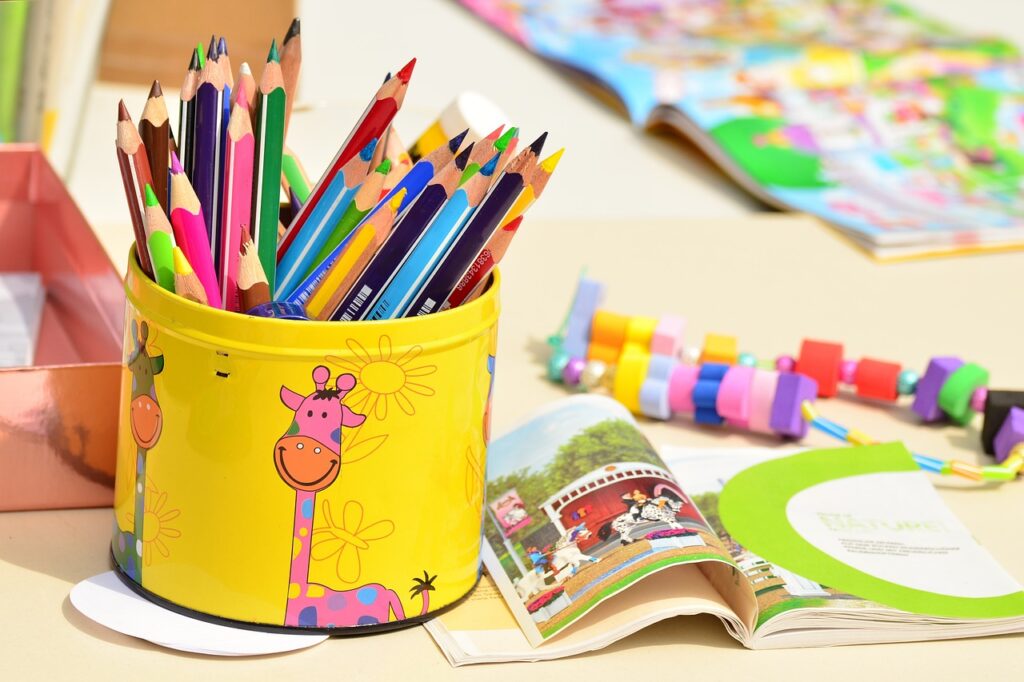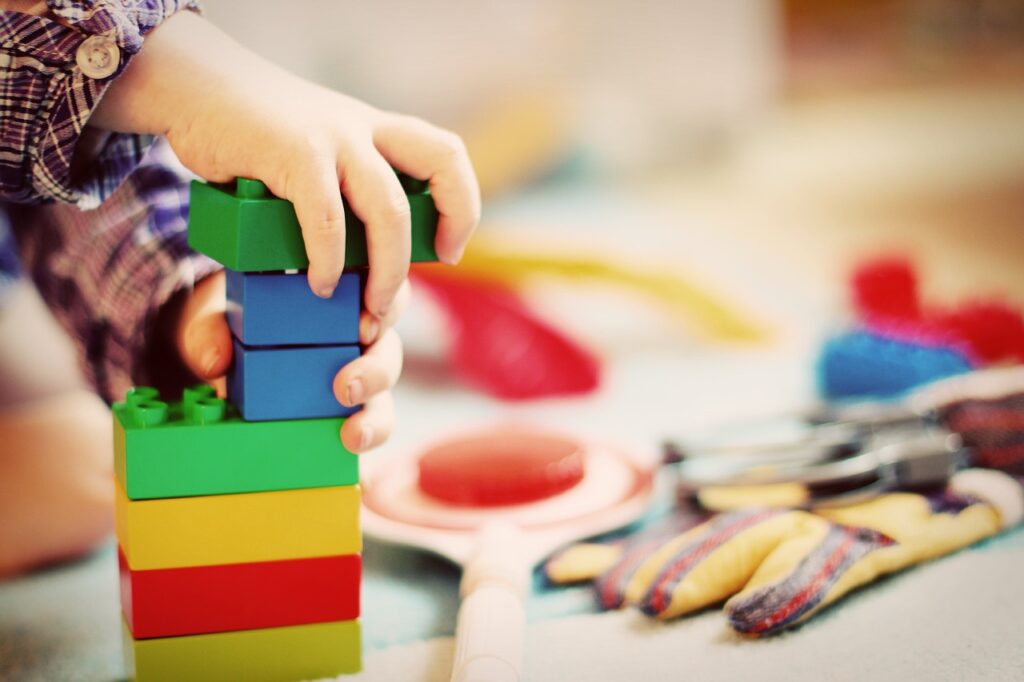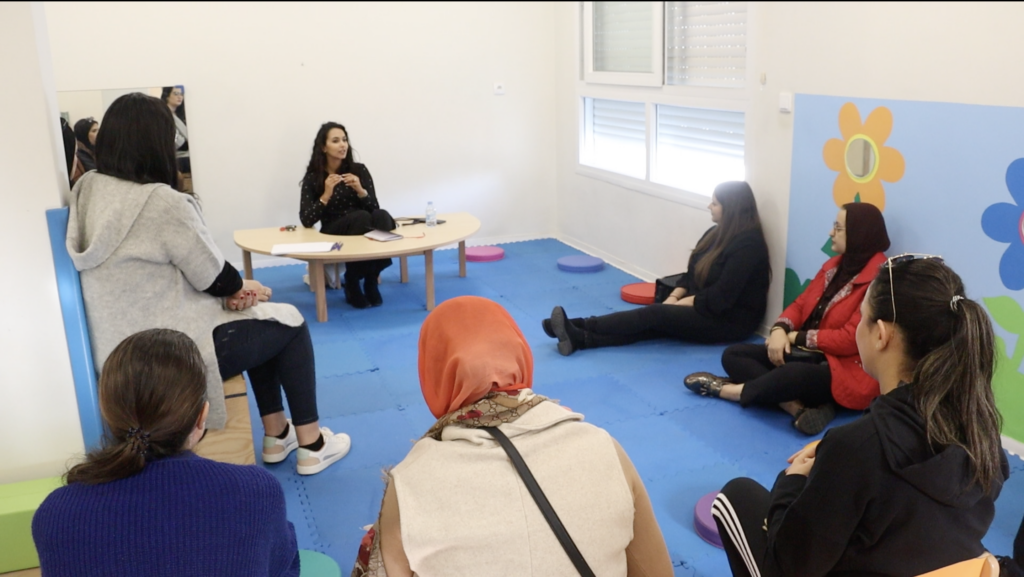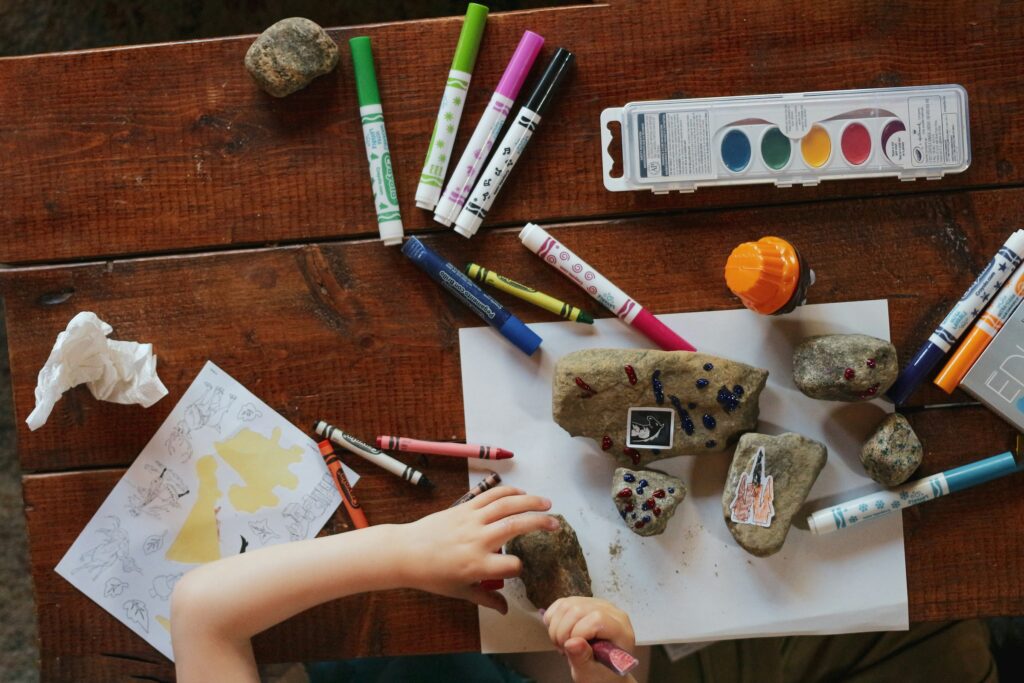Sending your child to nursery school from the very earliest age is a crucial choice that promotes his or her overall development. Today’s parents are increasingly aware of the importance of providing their children with an early education, especially in such a structured setting as kindergarten. By integrating this type of environment from the age of 2-3, children begin to acquire not only academic skills, but also social and emotional competencies, all in a playful, developmentally appropriate environment.
The importance of nursery school from the earliest age
Kindergarten offers a secure environment where children can explore, learn and grow at their own pace. Contrary to the popular belief that kindergarten is just a place to play, it’s much more than that. Through structured activities and daily interaction with other children, your child begins to understand the notions of sharing, respect and collaboration.
Nursery school also enables children to learn to follow rules, manage their emotions, and communicate effectively with their peers and teachers. These skills, often referred to as “social skills”, are essential not only for their future schooling, but also for their daily lives. Learning to interact positively with others, to resolve minor conflicts, and to make oneself understood are valuable skills that are developed from the very earliest age.
An environment conducive to cognitive and linguistic development
The cognitive development of kindergarten children is paramount. At this age, they are curious, eager to discover the world around them, and this curiosity is nurtured by well-thought-out educational activities. Construction games, sensory activities and art workshops stimulate their brains while promoting motor coordination. This helps children develop a solid foundation in thinking, analysis and creativity.
What’s more, children are exposed to a rich and varied language, whether through songs, stories or daily conversations with teachers. This fosters the acquisition of vocabulary and linguistic foundations, not only in French, but also often in a second language such as English or Arabic, depending on the school. Studies show that the earlier children are exposed to language, the more likely they are to develop strong language skills.


Preparing for future schooling
Another major advantage of pre-school is that it effectively prepares children for school. By entering a structured environment, children begin to understand the notions of time, organization and concentration – qualities that are essential for their future success at school. The transition from kindergarten to elementary school is smoother and more natural, as the child has already acquired learning habits.
What’s more, children who begin their education in the very early years develop early skills in reading, writing and mathematics. Through educational games, they learn to recognize letters and numbers, and to count. This learning is integrated in a playful way, so that children feel no pressure, but rather pleasure in discovering these new skills.
The importance of socialization at an early age
Early socialization is one of the most important aspects of nursery school. By interacting with other children their own age, toddlers learn to live in a community, to share, to wait their turn, and to respect differences. This socialization process is crucial to their emotional development and their ability to integrate into a group.
Children who have the opportunity to socialize early also develop better emotional management. Through games and group activities, they learn to identify and express their emotions constructively. This helps them to develop empathy and kindness towards others, qualities that are essential for their future.
Building self-esteem and confidence
Nursery school offers an environment where children are valued for who they are, and where their successes, big and small, are celebrated. This has a direct impact on their self-esteem. By seeing themselves as capable of succeeding at tasks, whether related to play or learning, children develop a self-confidence that will be an asset throughout their lives.
What’s more, encouragement and positive feedback from teachers and other children reinforce this self-confidence. Children learn to take initiative, assert themselves and overcome their little fears, all in a caring environment.
Early language and communication skills
Nursery school is a place where children are continually exposed to language. Whether through songs, stories or daily conversations with teachers, children in the very early years acquire a rich vocabulary. This early language learning is one of the key factors influencing their future mastery of communication. They learn not only to express themselves, but also to listen, understand and interact with others, skills that are essential to their social and intellectual development.
In some nursery schools, an introduction to a second language, such as English, is offered from the very earliest age. This enables children to familiarize themselves with different sounds and words, enriching their linguistic development and preparing them for greater cultural openness.
Encouraging creativity and imagination
Through a variety of artistic activities such as drawing, painting, music and role-playing, pre-school stimulates children’s creativity. These activities are not just fun, they play a crucial role in the development of imagination and critical thinking. By participating in these activities, children learn to express their ideas, solve problems and explore their world in unique ways.
Teachers also play a vital role in encouraging children to be creative, to ask questions and seek answers. This enables them to develop open and flexible thinking, which is beneficial for their future at school.

A springboard to academic success
There’s no doubt that nursery school is a springboard to academic success. Children who have benefited from quality early education, from the very earliest age, are better prepared to face the challenges of elementary school. They have already acquired a solid foundation in reading, writing and mathematics, and are used to evolving in a structured environment.
They have also learned to manage time, focus on tasks, and interact positively with their teachers and classmates. These skills give them a head start when they enter elementary school.
Conclusion: Why pre-school is the right choice for children’s overall development
In conclusion, nursery school, and more specifically the very early years, is an ideal choice for a child’s overall development. It offers a stimulating environment where children can develop both cognitively and socially, while acquiring essential skills for their future schooling.
Whether through play, social interaction or more formal learning, children benefit from a solid foundation that prepares them not only for elementary school, but also for their future lives. By offering your child this opportunity from an early age, you are helping them to develop their full potential in a caring and secure environment.






